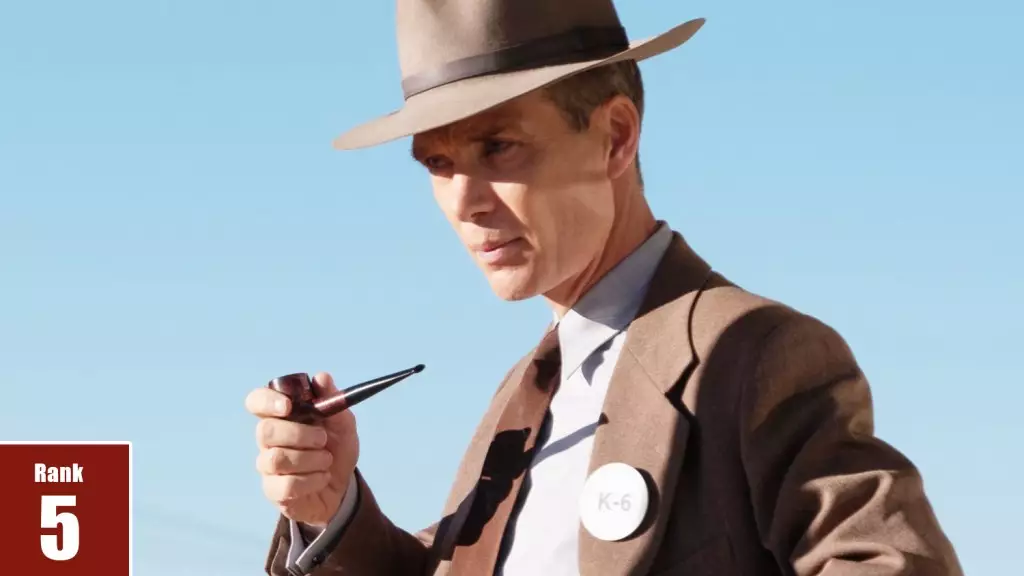In a time where studios were experimenting with different release strategies due to the Covid-19 pandemic, Universal took a gamble on Christopher Nolan’s World War II-set film, Oppenheimer. Despite initial skepticism about the movie’s potential, Universal decided to invest $100 million in the production. The decision to open Oppenheimer in theaters rather than opt for a simultaneous streaming release turned out to be a smart move. The film’s success demonstrated the enduring value of a theatrical release in today’s movie landscape.
Marketing Strategy
Universal’s marketing team played a crucial role in the success of Oppenheimer. Instead of positioning the film as niche counterprogramming to other releases, they marketed it as a movie for everyone. Christopher Nolan’s track record of delivering cinematic events helped build anticipation for Oppenheimer. The decision to release the film in IMAX format also contributed to its appeal, making it a must-see experience for moviegoers.
Despite conservative projections, Oppenheimer exceeded expectations at the box office. The film raked in $180 million globally, with a significant portion of its revenue coming from IMAX and premium large format screenings. The decision to target a broad audience paid off, as fans of all ages and demographics flocked to theaters to experience the film. Oppenheimer’s success at the box office solidified Christopher Nolan’s reputation as a master filmmaker and earned him his long overdue Oscars for Best Picture and Best Director.
Behind the Scenes
The success of Oppenheimer was a team effort, with key players such as Emma Thomas, Charles Roven, and the talented cast contributing to the film’s appeal. Notably, actors like Cillian Murphy and Robert Downey Jr. delivered award-winning performances, further adding to the film’s prestige. While there were rumors of Christopher Nolan walking away with a hefty paycheck, the reality was more modest, with his earnings falling below the reported $100 million figure. Nevertheless, the financial incentives for all involved were substantial, reflecting the film’s profitability.
While Oppenheimer thrived in theaters, its success extended to the streaming and home entertainment markets. The film’s digital release on Peacock generated significant revenue, making it a popular choice among viewers. The decision to provide a seven-month theatrical window before the digital release allowed Oppenheimer to build momentum and attract a wider audience. By the time the film hit the digital and DVD market, it had already established itself as a must-watch movie.
Oppenheimer’s journey from a risky project to a box office powerhouse and award-winning film is a testament to the enduring power of cinema. Despite the challenges posed by the pandemic and changing distribution models, the film industry continues to thrive thanks to bold decisions and creative storytelling. Christopher Nolan’s Oppenheimer exemplifies the magic of cinema and the collective effort required to bring a blockbuster to life.

